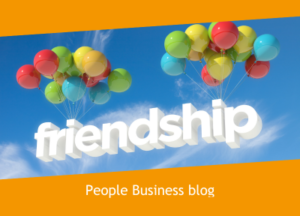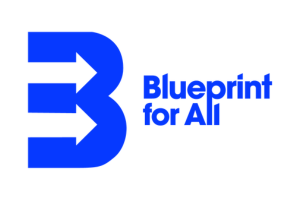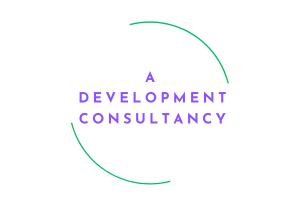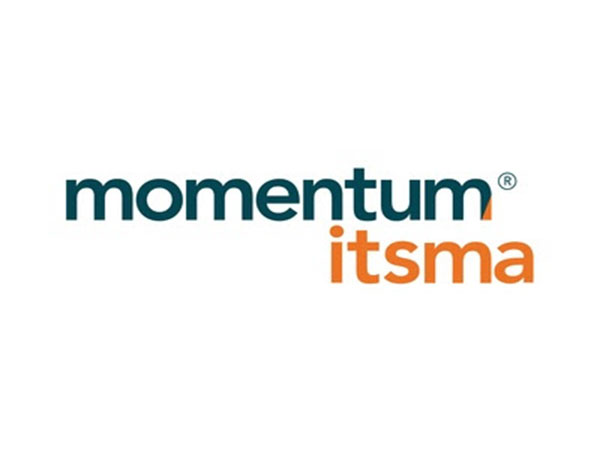Friendship and boundaries at work: what HR needs to know

30th July marks the International Day of Friendship, a global celebration that encourages appreciation of friendships across all backgrounds, promoting understanding between cultures and individuals. In the workplace, it’s about working well with and connecting meaningfully with others, creating a happy environment with more engaged, more productive employees who are more likely to stay.
One of the most powerful – and often overlooked – drivers of workplace happiness is friendship.
The power of workplace friendships
According to a 2023 Gallup study, employees who report having a “best friend at work” are:
- Seven times more likely to be engaged
- Better at engaging customers
- More likely to innovate and share ideas
- Less likely to leave the organisation.
Friendships at work build trust, collaboration and psychological safety. They make the hard days easier and the good days even better. For younger generations, especially Gen Z, the line between personal and professional is increasingly blurred. They want to work in environments where they feel seen, supported and socially connected.
But as HR professionals, we know that relationships at work—while valuable—can also be complex.
Balancing connection with compliance
The rise of hybrid work, digital communication and more informal workplace cultures has made it easier than ever for friendships to flourish. But it also raises important questions about boundaries, professionalism and safety.
This is especially relevant in light of the new UK sexual harassment laws that came into force on 26th October 2024. Under the Worker Protection (Amendment of Equality Act 2010) Act 2023, employers now have a legal duty to take “reasonable steps” to prevent sexual harassment in the workplace.
This new preventative duty means:
- Employers must anticipate and mitigate risks of harassment before they occur.
- The duty applies not just in the office, but also at offsite events, training, and social gatherings.
- Employers must consider harassment by third parties (e.g. clients, customers, contractors), not just employees.
In short: HR must walk the line between encouraging connection and ensuring compliance.
So, what should HR be doing?
Here’s how HR can support workplace happiness through friendship—while staying aligned with the law and best practice:
- Promote a culture of connection
- Encourage team-building activities, buddy systems, and cross-functional projects.
- Create spaces—physical or virtual—where people can connect informally.
- Recognise that friendships are a natural and healthy part of workplace culture.
- Set clear boundaries
- Update your code of conduct to reflect expectations around respectful behaviour, both in and out of the office.
- Provide training on appropriate workplace relationships, including power dynamics and consent.
- Make it clear that friendship is not a shield against accountability.
- Review your policies
- Ensure your anti-harassment and bullying policies are up to date and reflect the new legal duty.
- Include guidance on social events, digital communication, and third-party interactions.
- Make sure employees know how to report concerns confidentially.
- Lead by example
- Train managers to model inclusive, respectful behaviour.
- Encourage leaders to talk openly about the value of connection—while reinforcing boundaries.
- Avoid creating a culture where “cliques” or exclusive friendships undermine team cohesion.
- Measure what matters
- Use engagement surveys to track how connected people feel at work.
- Include questions about belonging, trust, and psychological safety.
- Turn employee feedback into actions that build a more connected workplace.
Friendship or flirtation?
It’s important to distinguish between genuine friendship and inappropriate behaviour. The new laws make it clear that employers must not wait for a complaint to act. Instead, they must proactively assess risk and take steps to prevent harm.
This doesn’t mean banning friendships or discouraging social interaction. It means creating a culture where:
- Everyone feels safe and respected
- Boundaries are understood and upheld
- HR is seen as a partner in wellbeing, not just a policy enforcer.
Happiness is a strategic advantage
When people feel connected, they’re more likely to:
- Collaborate effectively
- Stay with the company longer
- Recommend the organisation to others
- Bring their full selves to work.
In a world where loneliness is rising and mental health is under pressure, the workplace can be a powerful source of community and care – but only if we design it that way.
Final thoughts
This International Day of Friendship, let’s move beyond surface-level celebrations and commit to building workplaces where friendships flourish and happiness happens – and is sustainable.
That means:
- Encouraging friendships, not just functional relationships
- Creating safe spaces for connection and expression
- Balancing warmth with wisdom—and compliance with compassion.
When people feel like they belong, they don’t just stay—they thrive.
If your organisation is looking for clarity on the recent Employment Rights Bill and the new sexual harassment laws and wish to talk to one of our consultants about how we could help, please get in touch.




